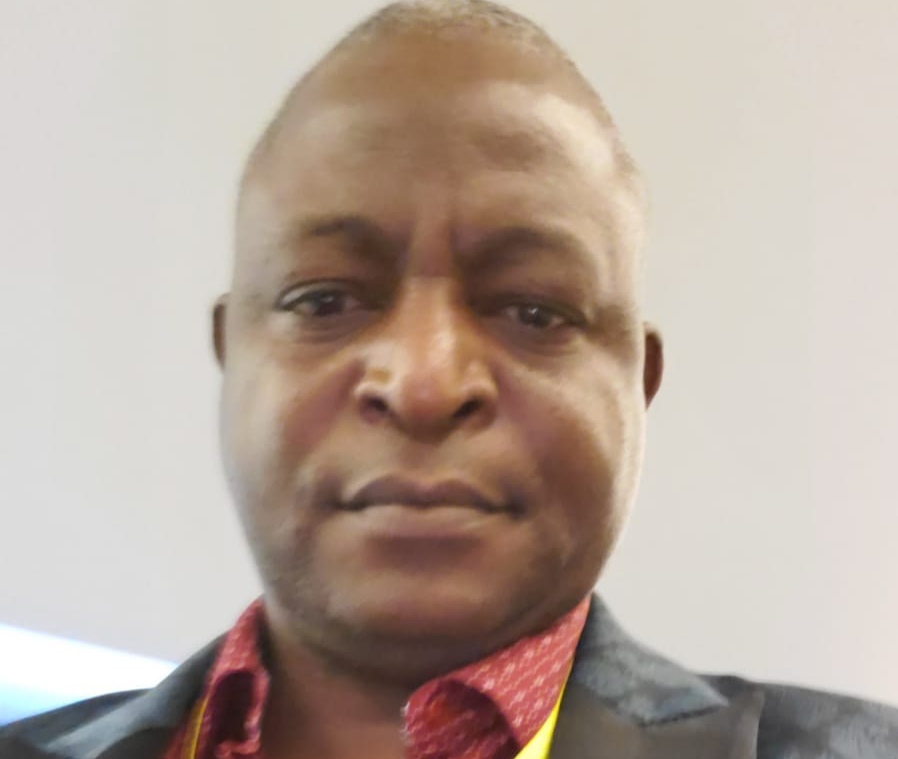
A leading vaccine expert, Dr. Simon Agwale has issued a strong call for urgent investment in vaccine research infrastructure to bolster Nigeria’s ability to respond effectively to future pandemics.
Agwale, a globally recognised vaccine researcher and member of the international “100 Days Mission” team, made these remarks during a media briefing held over the weekend in Abuja. The occasion coincided with the Inaugural Vaccine Research Retreat hosted by the Federal University Teaching Hospital (FUTH), Lafia, Nasarawa State.
Highlighting Nigeria’s current vulnerabilities, Agwale warned that the country’s limited scientific data and insufficient local vaccine development capacity pose significant threats to pandemic preparedness and response. According to him, the nation must urgently move away from its heavy reliance on imported vaccines and outdated production methods to address public health challenges.
“Without foundational research capabilities and proper animal testing infrastructure, developing vaccines domestically is impossible,” he stressed. “We must stop depending on others for scientific solutions.”
Agwale emphasized vaccines as the most effective public health tools capable of eradicating diseases and preventing widespread transmission by creating strong population-level immunity. However, he cautioned that vaccine development requires a rigorous scientific process, encompassing laboratory research, clinical trials and large-scale manufacturing.
He further explained the crucial role of identifying correlates of protection – specific immune responses that indicate immunity – before advancing vaccine candidates to human trials.
Citing the COVID-19 pandemic as a prime example, Agwale illustrated how rapid vaccine development can save lives and reduce global suffering. He described the innovative approach adopted by the U.S. government, which used a rolling review process and provided upfront funding to manufacturers. This enabled companies to “produce at risk,” with the government absorbing losses if a vaccine candidate failed.
“This bold strategy delivered safe and effective COVID-19 vaccines in under a year from the outbreak’s start,” he noted. The success inspired the global “100 Days Mission,” which aims to produce vaccines within 100 days of the emergence of future pandemics. Agwale is part of the international committee developing the framework to achieve this goal.
Delving into vaccine science, Agwale clarified differences among vaccine platforms. He explained that traditional protein-based vaccines work in the cell’s cytoplasm, while newer DNA and mRNA vaccines must access the nucleus. This distinction influences how each interacts with the body, affecting local adaptation and safety evaluations.
Reflecting on his prior research on HIV vaccines, conducted with the U.S. Centres for Disease Control and the Nigerian Ministry of Health, Agwale recalled mapping HIV subtypes across Nigeria, the first comprehensive molecular epidemiology report by any country. Most Nigerian strains belonged to ‘subtype G’ and ‘A-G’ recombinants, critical information guiding the design of more effective vaccine candidates.
Despite such achievements, Agwale lamented Nigeria’s current lack of infrastructure for similar research on emerging infectious diseases. He urged the Nigerian government and stakeholders to prioritise building genomic laboratories and robust vaccine development platforms.
“If you don’t know the genetic sequence of the disease-causing organism, you cannot make a vaccine,” he said. He emphasised the need to stop sending biological samples abroad and instead invest in local scientific capacity and expertise to foster self-reliance.
Agwale concluded by underscoring that Nigeria’s health security hinges on its ability to establish sustainable research systems that can rapidly address both local and global health threats.
“Building this capacity is not just an option; it’s a necessity to protect our nation from future pandemics,” he affirmed.

